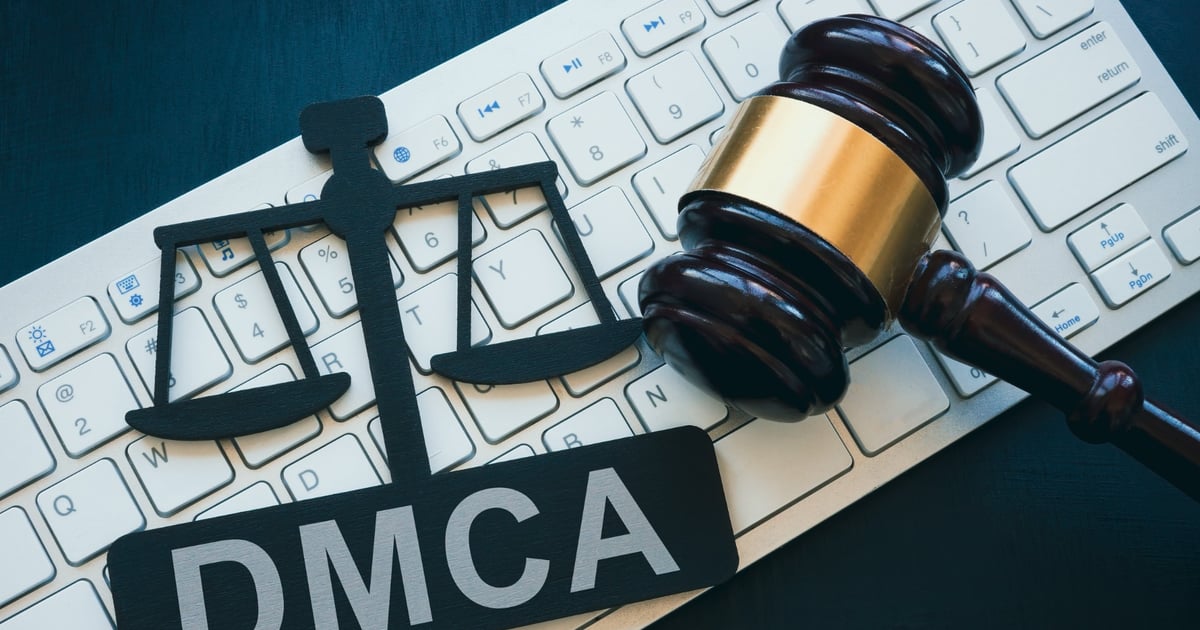The recent ruling by the US Library of Congress has given a boost to researchers in the field of AI security and safety testing. The ruling clarified that certain offensive activities, such as prompt injection and bypassing rate limits, do not violate the Digital Millennium Copyright Act (DMCA). This decision is seen as a positive step towards providing clearer guidelines for security researchers and ensuring they can operate in a safe environment.
Casey Ellis, founder and adviser to BugCrowd, highlighted the importance of maintaining clarity for security researchers. He emphasized the need for researchers to operate in a favorable and transparent environment to prevent those who control AI systems from stifling security research efforts. The ruling by the Library of Congress and the legal updates around digital copyright have been welcomed by the security research community as a step in the right direction.
Over the years, security researchers have faced challenges related to prosecution and lawsuits for their legitimate research activities. However, recent developments, such as the US Department of Justice’s decision not to charge security researchers under the Computer Fraud and Abuse Act (CFAA), have provided some protection to researchers engaging in good faith research. Organizations like the Security Legal Research Fund and the Hacking Policy Council offer support and resources to researchers facing legal pressure from large companies.
Despite these advancements, concerns remain about the legal protection for AI research. The Center for Cybersecurity Policy and Law stated that gaps in legal protection still exist for AI trustworthiness research and emphasized the need for a clear legal safe harbor for researchers. The impact of the DMCA and other anti-hacking laws on AI research continues to be a subject of debate and scrutiny.
The evolving landscape of AI systems and algorithms based on big data poses new challenges for researchers. The legal framework for AI systems has been under scrutiny, especially with the mass ingestion of copyrighted information in large language models (LLMs). The lack of clarity in the legal environment has raised concerns among security researchers, who stress the need for transparent guidelines to prevent any chilling effects on research activities.
The proposal to exempt red teaming and penetration testing for AI security from the DMCA faced resistance, with the Librarian of Congress recommending against the exemption. The Copyright Office acknowledged the importance of AI trustworthiness research but suggested that other regulatory bodies and Congress may be better suited to address this emerging issue. The debate around the legal protection and boundaries for AI research continues to be a complex and critical issue.
As companies invest heavily in developing AI models, security researchers may face challenges from well-funded entities. However, established practices for handling vulnerabilities and ensuring security in AI systems have been put in place. The focus is shifting towards addressing the hype and misinformation surrounding AI capabilities and safety, with experts emphasizing the need for a proactive approach to AI security at the design level.
In conclusion, the recent ruling by the US Library of Congress and the ongoing discussions around AI security and safety testing underscore the importance of providing a clear legal framework for researchers. While challenges persist, the security research community remains committed to promoting transparency, accountability, and trustworthiness in AI systems to ensure a safer digital environment for all users.
